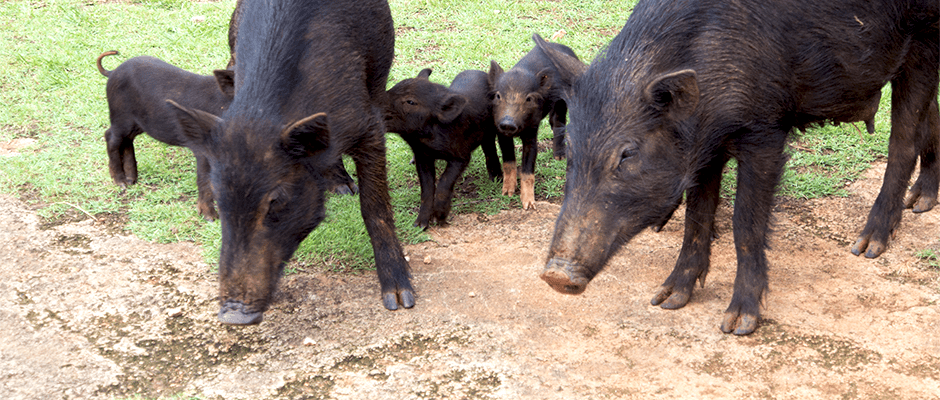- News
-
-
-
-
-
Latest News Articles
- 2024 TWS Elections: Southwest Representative April 25, 2024
- Can these butterflies fill the gap left by their extinct relative? April 25, 2024
- Q&A: TEK and the wildlife profession April 24, 2024
-
-
-
- Wildlife Professional Resources
-
- Our Network
-
- PUBLICATIONS
-
-
Recent Posts
-
 The Wildlife Professional November/December Issue
November 1, 2023
The Wildlife Professional November/December Issue
November 1, 2023
-
-
-
-
-
-
- Wildlife Events
-
-
-
Upcoming Webinars
- No Events
-
-
-
- Who We Are
-
Tag: limestone karst

June 26, 2018
Could feral hogs be aiding Guam’s forests?
Feral hogs are notorious for the damage they do to property and the environment, but in Guam, where they’re culled in some areas to limit their impact, researchers found that...

